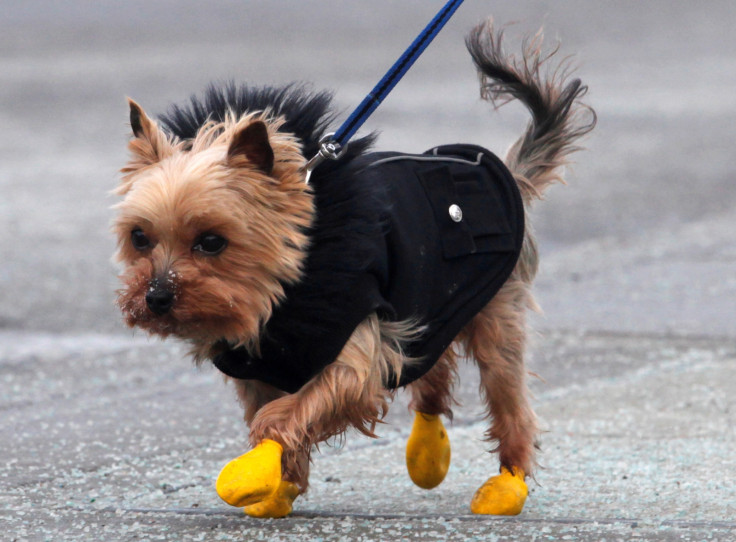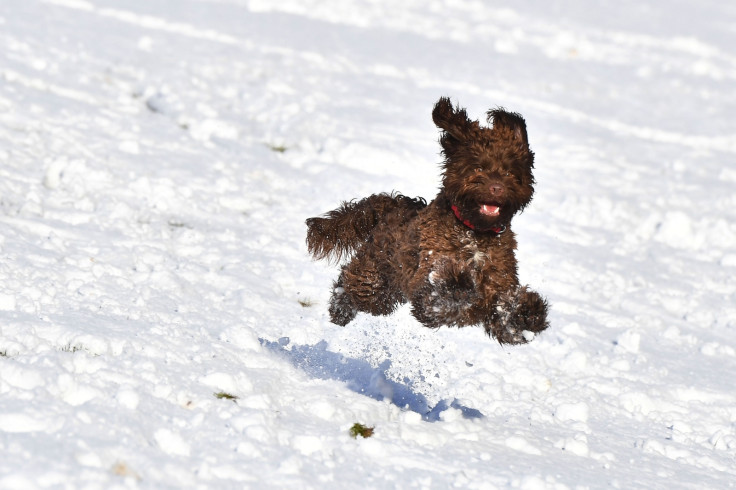Dogs can catch flu too. Here's how to care for your canine

KEY POINTS
- 80% of dogs come into contact with the virus.
- Humans cannot catch the virus from dogs.
Sore throat, sneezing and a high temperature – it's no wonder that people hate being ill. However it turns out humans aren't the only suffers, as dogs can get the flu too.
Cases of the illness have been spreading throughout the USA infecting with about 80% of all dogs who come into contact with it, according to the American Veterinary Medical Association.
Canine influenza virus (CIV) or H3N2 virus is one of the viral causes of kennel cough, and because it's a relatively new virus, most dogs haven't been exposed to it before, Pets Web MD reported. Since first being identified in 2015, it has infected dogs in nearly every state of the US.
Just as with humans, CIV is transmitted through close contact, so when dogs bark at each other or sneeze or cough in proximity. Dogs that spend time in places like kennels, dog parks and boarding centres have a higher risk of becoming ill.
Dogs in the UK are still at risk despite the fact there is not a particular endemic, as there is in the US.

What are the symptoms?
Symptoms include: coughing, sneezing, variable fever, clear nasal discharge that progresses to thick, yellowish-green mucus, difficult breathing, loss of appetite and lethargy, according to Pets Web MD.
Is it fatal?
The first thing to note is that dog flu is not transmittable to humans.
Secondly, if diagnosed quickly CIV rarely causes fatalities and deaths are usually caused by secondary complications such as pneumonia, according to The American Veterinary Medical Association.
How is it treated?
Many dogs with the virus get antibiotics to prevent or treat secondary bacterial infections like pneumonia. In some cases, dogs will also be prescribed medication help symptoms such as their cough or tight airways, Pets Web MD said.
If you suspect your dog might have a severe case, the University of Florida College of Veterinary Medicine advises calling your pet's veterinarian before taking them in and staying away from other pups for at least three weeks.






